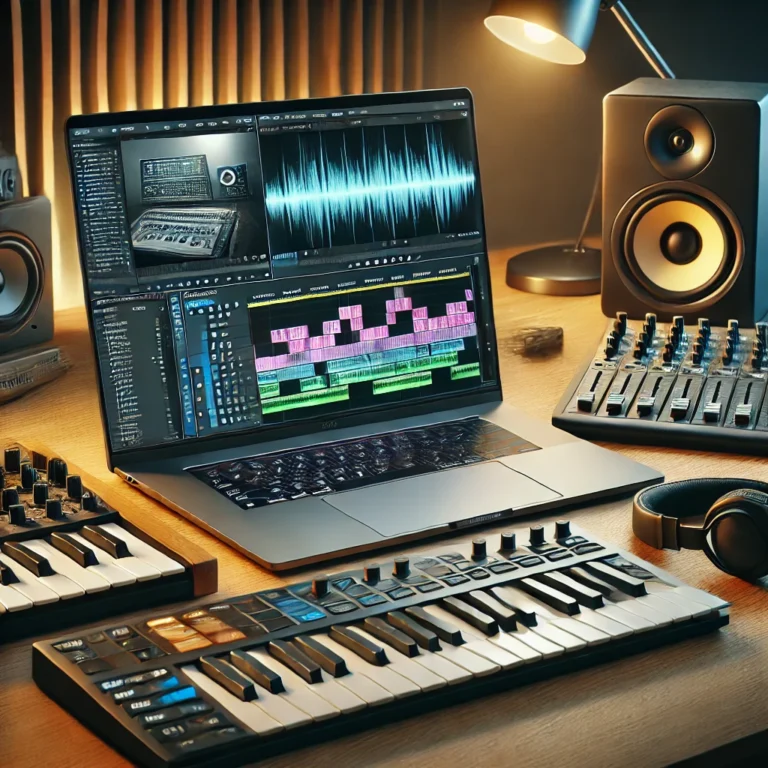Best Laptop for Therapists: Top Picks for Efficiency and Security
Finding the right laptop for a therapist is crucial. Whether you’re running telehealth sessions, managing client data, or creating treatment plans, you need a reliable and efficient device. The ideal laptop should offer a blend of performance, portability, and security features to support your professional needs.
Key Features to Look for in a Laptop for Therapists
When choosing a laptop as a therapist, consider these essential features:
- Performance: Look for processors like Intel Core i5 or higher to ensure smooth multitasking.
- Portability: Lightweight designs make it easier to carry between sessions or while working remotely.
- Battery Life: Long-lasting battery performance is crucial for uninterrupted telehealth calls.
- Security Features: For data protection, look for devices with fingerprint readers, Windows 11 Pro, and encryption support.
- Display Quality: A clear display with minimal eye strain is ideal for long hours of documentation and video calls.
Recommended Laptops for Therapists
HP 15.6″ Business & Student Laptop Computer
- Processor: Intel Core i5
- RAM & Storage: 32GB RAM, 1TB SSD
- OS: Windows 11 Pro with Microsoft Office Lifetime License
- Ideal For: Therapists who require powerful multitasking capabilities for telehealth calls, client record-keeping, and office tasks.
Dell Latitude 3440
- Processor: Intel Core i5-1335U
- RAM & Storage: 8GB RAM, 256GB SSD
- Display: Full HD
- OS: Windows 11 Pro
- Ideal For: Therapists who need a compact yet powerful laptop with enhanced security features.
Lenovo Yoga 7i 2-in-1 Laptop
- Processor: Intel Core Ultra 7 155U (Up to 4.80 GHz)
- RAM & Storage: 16GB DDR5, 1TB PCIe SSD
- Display: 16″ 2K Touchscreen Display
- Features: Backlit keyboard, fingerprint reader, Thunderbolt 4, and webcam privacy shutter
- Ideal for Therapists who prefer a versatile 2-in-1 design with flexible usage modes—perfect for both meetings and personal productivity.
Conclusion
Choosing the right laptop for a therapist can enhance your workflow, improve client communication, and ensure data security. The models listed above offer excellent performance, portability, and features tailored to meet the unique demands of the profession. When making your decision, consider your daily tasks, budget, and preferred design.







